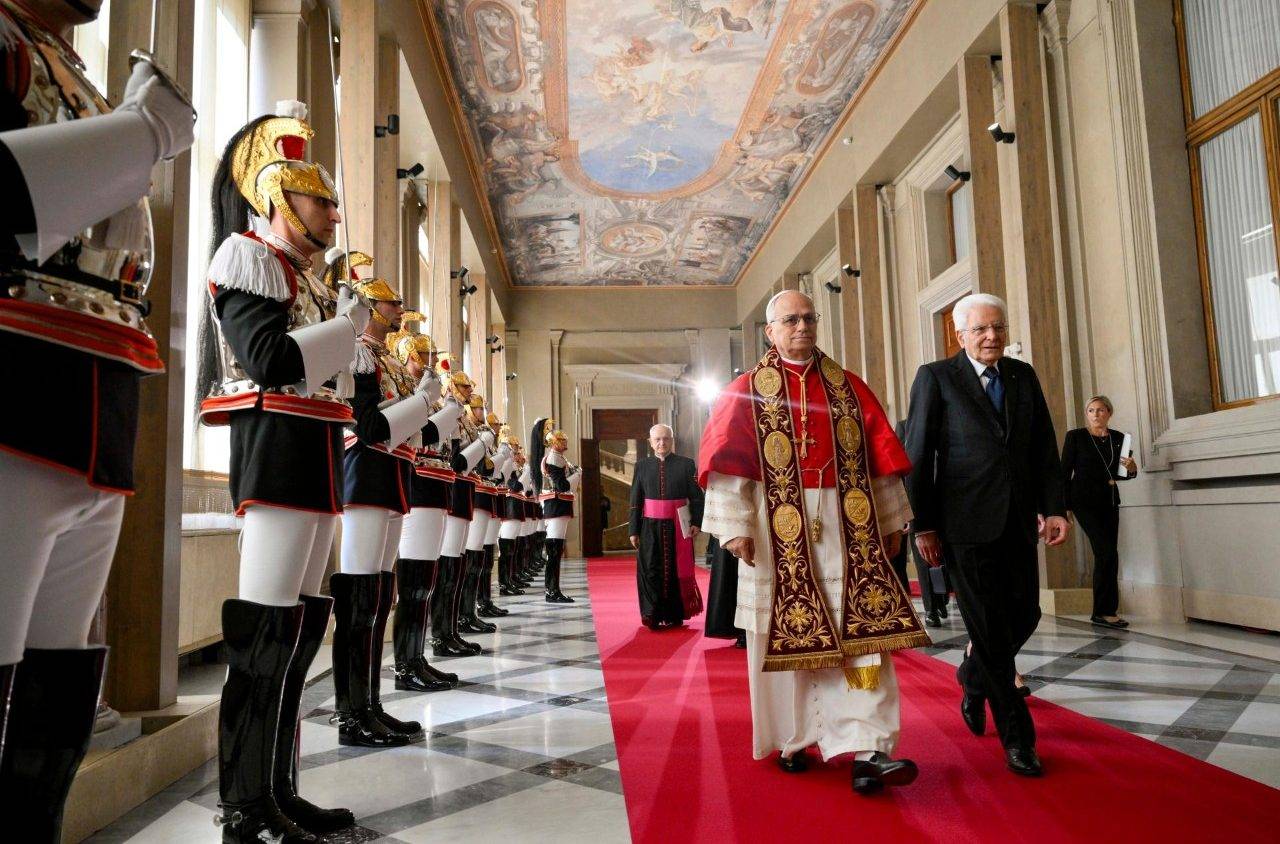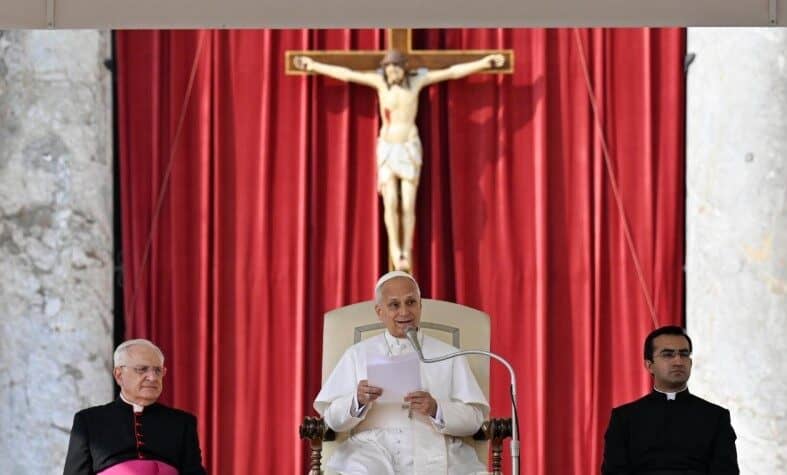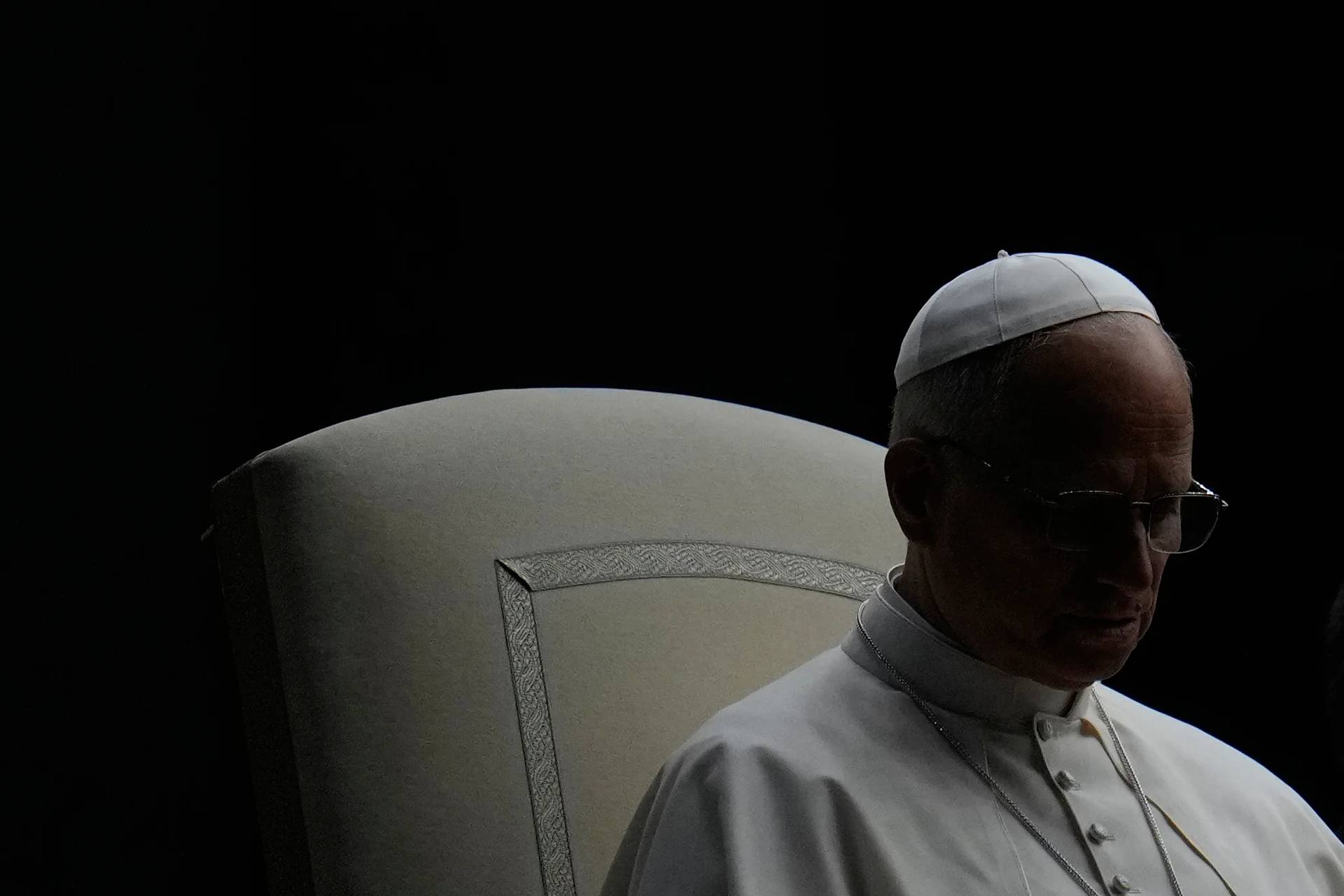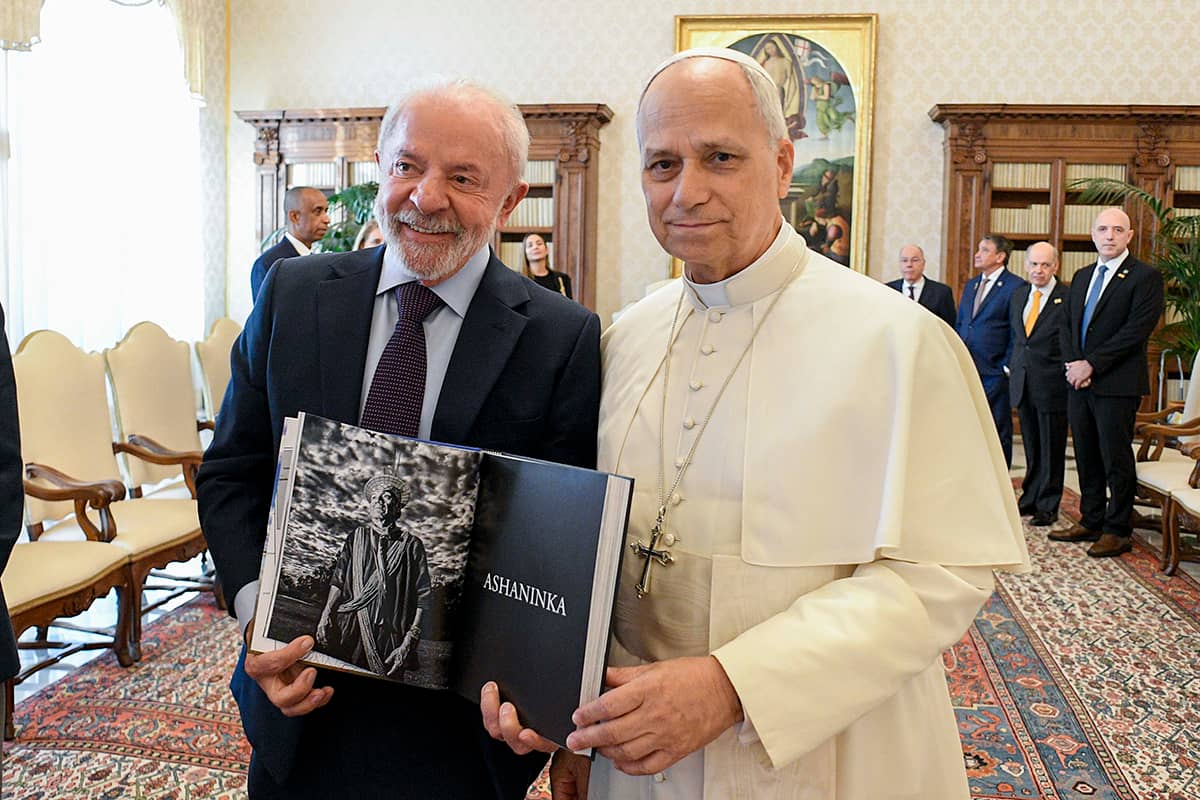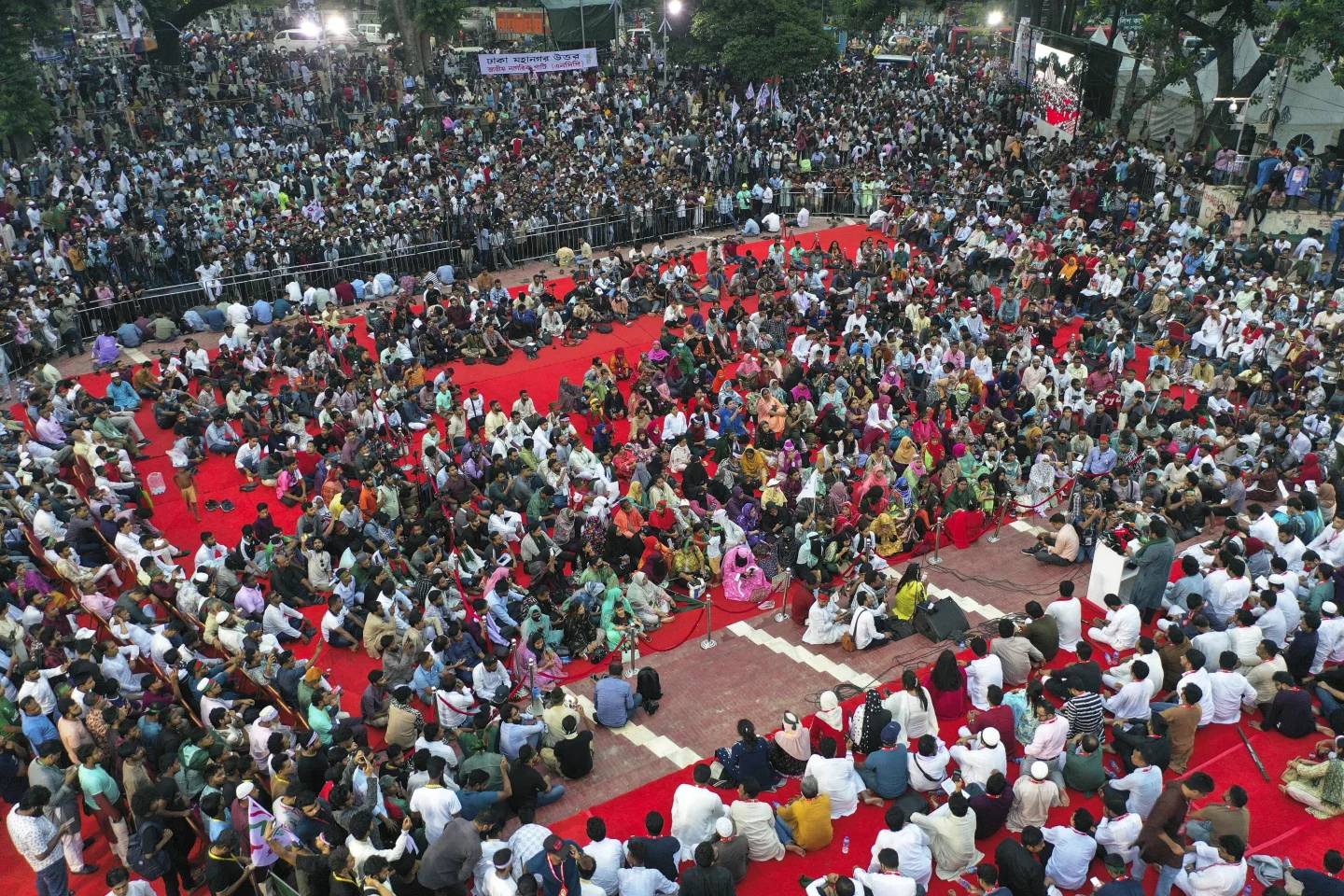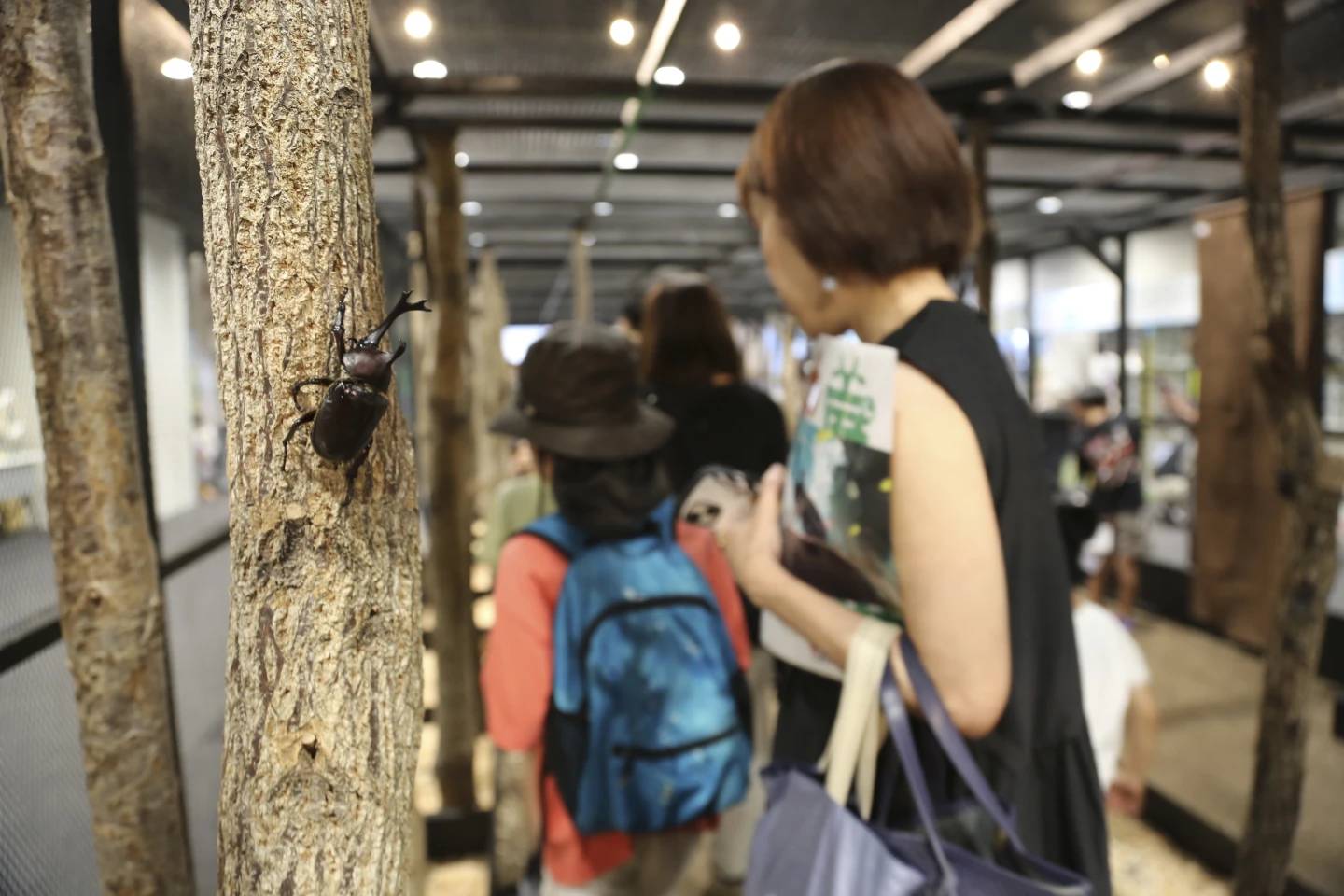ROME — Giving priority to Christian refugees for settlement programs would be “a trap” that discriminates and fuels religious tensions in the Middle East, said Iraq’s Chaldean Catholic patriarch.
“Every reception policy that discriminates (between) the persecuted and suffering on religious grounds ultimately harms the Christians of the East” and would be “a trap for Christians in the Middle East,” said Patriarch Louis Sako of Baghdad.
The patriarch, speaking to Fides, the news agency of the Congregation for the Evangelization of Peoples, commented on an executive action by U.S. President Donald Trump that temporarily stops from U.S. entry refugees from all over the world and migrants from seven countries in an attempt to review the screening process.
The document asks that once the ban is lifted, refugee claims based on religious persecution be prioritized.
Sako said any preferential treatment based on religion provides the kind of arguments used by those who diffuse “propaganda and prejudice that attack native Christian communities of the Middle East as ‘foreign bodies'” or as groups that are “supported and defended by Western powers.”
“These discriminating choices,” he said, “create and feed tensions with our Muslim fellow citizens. Those who seek help do not need to be divided according to religious labels. And we do not want privileges. This is what the Gospel teaches, and what was pointed out by Pope Francis, who welcomed refugees in Rome who fled from the Middle East, both Christians and Muslims without distinction.”
Cardinal Luis Antonio Tagle of Manila, Philippines, president of Caritas Internationalis, said any policy that gave priorities to Christians “might revive some of these animosities and might even pit Christians against Muslims, and that (also) might generate contrary action from the Muslims against Christians.”
“This is a time when we don’t want to add to the prejudice, the biases and even discriminatory attitudes evolving in the world,” he told Catholic News Service in Beirut on January 30 at the Caritas Lebanon headquarters.
Emphasizing that he had not read the text of the executive action, but only news reports, the Philippine cardinal said announcing a ban being applied to specific countries was akin to “labeling them — and the migrants coming from those countries — as possible threats to a country. I think it is quite a generalization that needs to be justified.”







